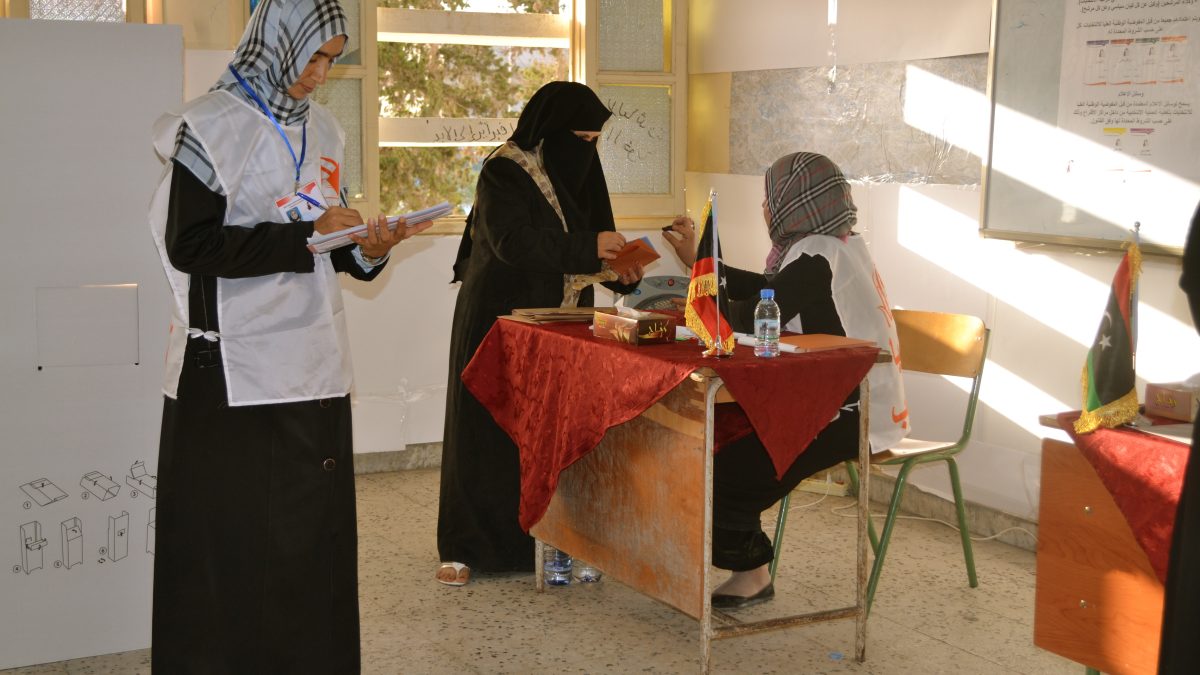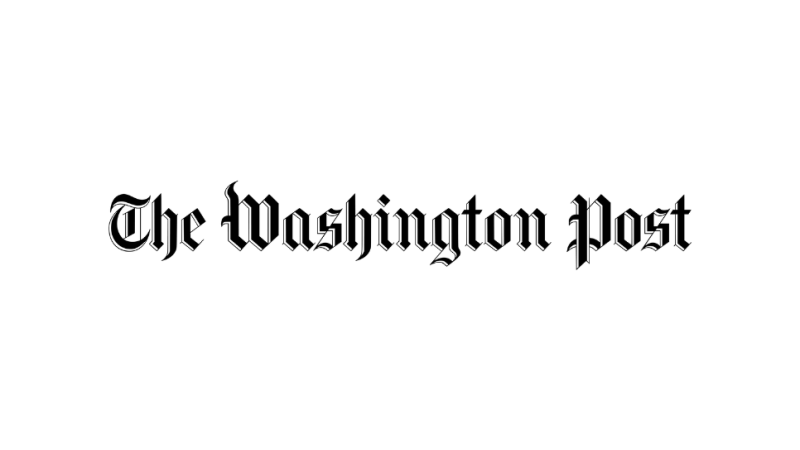Libya

The Carter Center observed Libya’s 2012 elections, which marked a pivotal moment in the country’s history, as Libya aimed to move beyond its authoritarian past under Muammar Qaddafi and toward genuine democratic governance. During the Qaddafi years, organizing or joining a political party could result in a long prison term or a death sentence. But during the 2011 Arab Spring, the people revolted, and the nation took its first steps toward democracy.
Impact
- Assessed election preparations, campaign activities, polling and counting processes, the tabulation of results, and the resolution of any electoral disputes.
- Issued a final report on the 2014 election, highlighting the major political, economic, and security challenges facing the fragile state.

Explore Further
Related Content
Global Impact Starts with You
Your support sustains the Carter Center's mission of waging peace, fighting disease, and building hope around the world.

